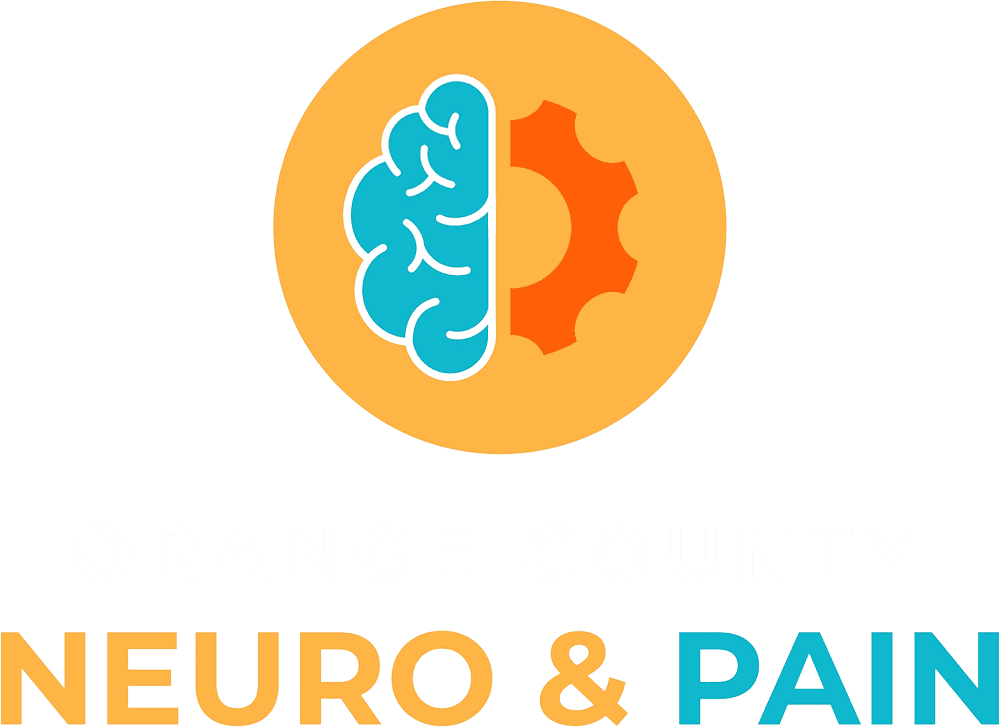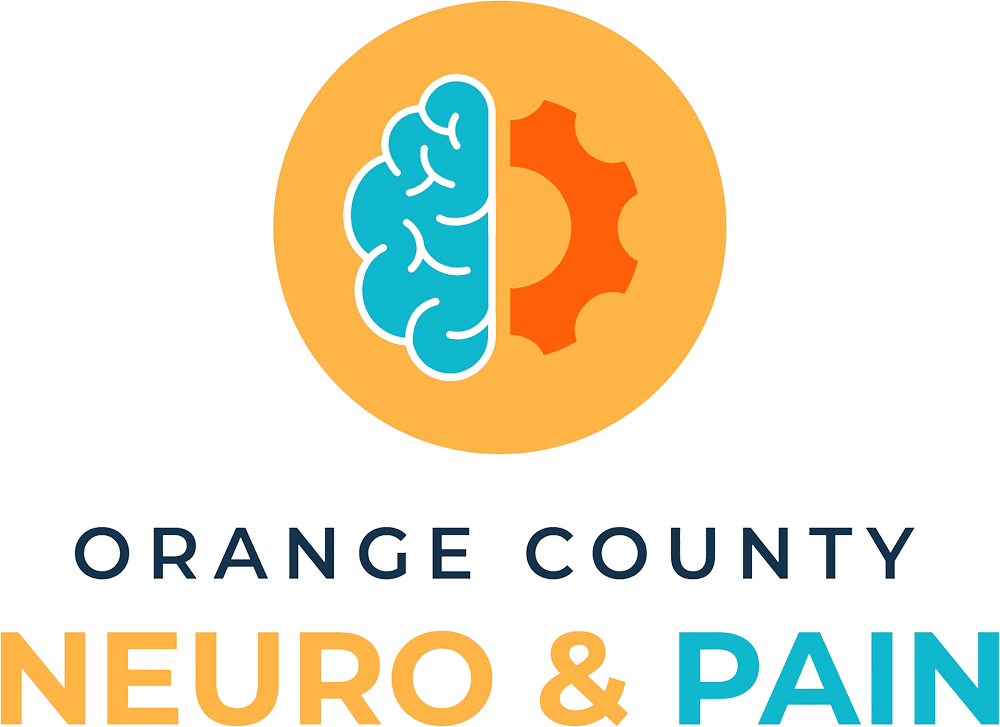

Obsessive-compulsive disorder (OCD) is a mental health disorder that can affect people of all ages and backgrounds. The symptoms of OCD typically involve intrusive, unwanted, and distressing thoughts, feelings, or images, as well as repetitive and ritualistic behaviors or mental acts that aim to alleviate anxiety or distress.
Symptoms of OCD
The compulsive behaviors or mental acts that are common in OCD can interfere with daily activities and may be time-consuming, often taking up several hours a day. These behaviors or mental acts are often repetitive and may be performed in a particular order or sequence. Individuals with OCD may also feel a strong need to repeat the behaviors or mental acts until they feel “just right.”
In addition to the intrusive thoughts and compulsive behaviors, individuals with OCD may experience other symptoms, such as feelings of guilt, shame, or disgust, as well as avoidance of situations that trigger their obsessions or compulsions. They may also experience anxiety, depression, or other mental health conditions as a result of their OCD symptoms.

OCD can also cause significant distress and impairment in daily functioning. For example, individuals with OCD may avoid social situations or have difficulty maintaining relationships due to their symptoms. They may also experience difficulty in completing tasks or making decisions, which can impact their work or school performance.
Risk Factors For OCD
Several risk factors contribute to the development of OCD. Genetics, as well as family history of OCD, can increase the likelihood of developing the condition. Environmental factors such as stress, abuse, and trauma can also trigger or exacerbate OCD symptoms. Additionally, certain brain chemicals and neural pathways may play a role in the onset of OCD. Some individuals may also develop OCD as a result of a misdiagnosed or untreated physical or mental health condition.
Diagnosing OCD
Diagnosing OCD usually involves a combination of physical exams, psychological evaluations, and lab tests. A mental health professional may conduct a detailed assessment of an individual’s symptoms, medical history, and family history to confirm a diagnosis of OCD. Additionally, a doctor may order blood tests to rule out any physical conditions that may be causing the symptoms.
Ketamine Treatment For OCD
Ketamine is a promising treatment option for OCD. It is an anesthetic drug that has been shown to have rapid antidepressant effects and is being studied for its potential use in treating OCD. Ketamine works by blocking a specific receptor in the brain that regulates mood and anxiety.
The drug is administered through intravenous infusion or nasal spray, and patients usually experience a reduction in symptoms within hours of treatment. Ketamine treatment is most commonly used for OCD treatment-resistant cases of OCD. Talk to your doctor today to find out if ketamine infusions could help you.


